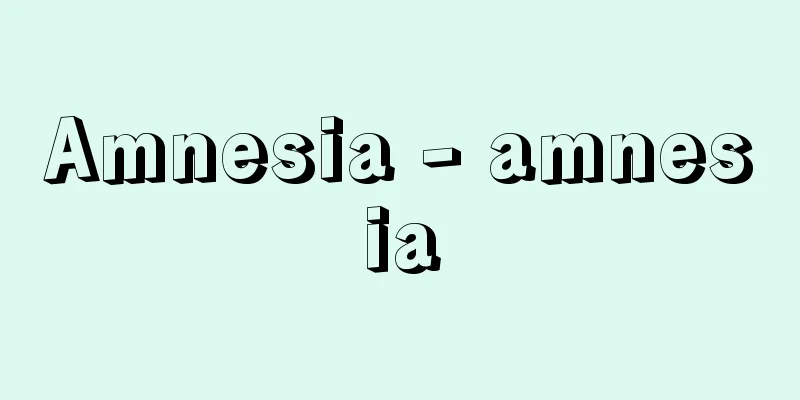Ecossaise - Ecossaise (English spelling) French

|
A dance. It means "Scottish tune." There are two theories about its origin: (1) a Scottish dance of moderate tempo accompanied by bagpipes, and (2) a dance created "in the Scottish style" in 17th-century France. However, what is generally called ecossaise is a fast, vigorous dance in 2/4 time that was newly fashionable in Vienna in the 19th century. Works by Beethoven, Schubert, and Weber are based on this new style. [Toshiko Sekine] Source: Shogakukan Encyclopedia Nipponica About Encyclopedia Nipponica Information | Legend |
|
舞曲。「スコットランドの曲」の意。起源に関しては、(1)バッグパイプが伴奏する中庸の速度のスコットランド舞踊、(2)17世紀フランスで「スコットランド風に」つくられた舞曲、という二つの説がある。しかし、一般にエコセーズとよばれるのは、19世紀にウィーンで新しく流行した4分の2拍子の急速で激しい踊りである。ベートーベン、シューベルト、ウェーバーの作品は、この新しい様式による。 [関根敏子] 出典 小学館 日本大百科全書(ニッポニカ)日本大百科全書(ニッポニカ)について 情報 | 凡例 |
Recommend
Hernandez, J.
...This determined the boundaries of the ranches ...
Kugelberg-Welander disease
...The disease progresses rapidly, causing quadri...
Flower customs
...Following his first treatise on Noh based on t...
Anosmia, Hyposmia
◎Olfaction disorder is any abnormality in the sens...
Labor Day - Arbeitstag (English)
The working hours of a worker in one day are call...
Duesenberry, JS (English)
...In other words, consumption is usually accompa...
human rights
… [History of human rights in Japan] The terms &q...
Semi-voiced consonant - Handakuon
The name given to the consonants in the "pa&q...
Ferredoxin
An electron transfer protein found widely in plant...
Communist Party (English spelling)
A political party whose ultimate goal is to aboli...
Enforcement of contract
The law requires that a contract be concluded in a...
Anthroposophie (English spelling) German
It refers to the mystical theory and educational ...
Kusa Senri
Grassland in Mt. Aso, Kumamoto Prefecture. Also kn...
minimum lethal dosis
...For pharmaceuticals that may be ingested or co...
Loasa (English spelling)
It is an annual or perennial, sometimes woody plan...









